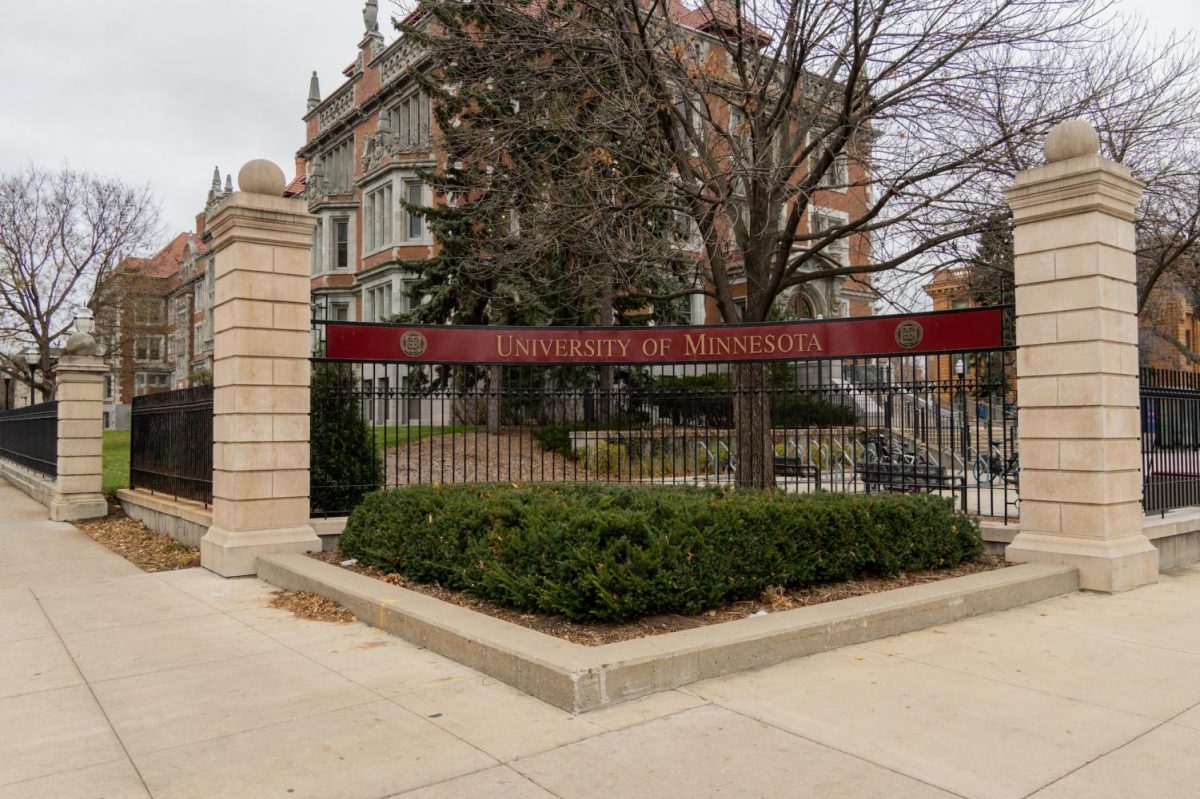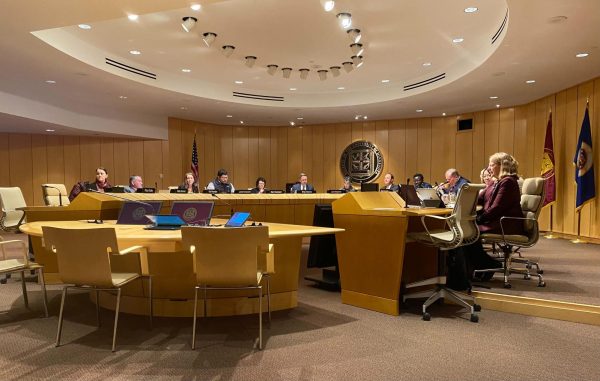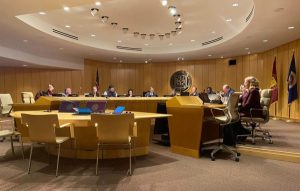B By Austen Morris
 y now we’ve all been sufficiently pummeled by campaign ads. Politicians must know how irritating their ads are – especially the negative ones – yet they continue to shell out hefty funds to produce and air them. I guess it’s a small price to pay for a big batch of swayed senior citizens. But underneath the posturing, obfuscation, the appeals to sentiment and the pointless bickering – all so inextricably a part of U.S. politics – there really are important issues at stake.
y now we’ve all been sufficiently pummeled by campaign ads. Politicians must know how irritating their ads are – especially the negative ones – yet they continue to shell out hefty funds to produce and air them. I guess it’s a small price to pay for a big batch of swayed senior citizens. But underneath the posturing, obfuscation, the appeals to sentiment and the pointless bickering – all so inextricably a part of U.S. politics – there really are important issues at stake.
Whether Democratic Sen. Paul Wellstone or Republican Norm Coleman ends up as senator and which gubernatorial candidate comes out on top is, for most of us, beyond our control. One feature of democracy is that, since the mob rules, the individual is terribly prone to regard civic participation as a waste of time. But what we can do as individuals is to understand key issues in a fuller context. We can look at broad trends in our society so that we might mentally situate these particular political races within such trends. Thinking pays infinitely greater dividends than voting ever has or will.
Two of the biggest issues in these races seem to be Social Security and education. Let’s look at them in turn, from a wider perspective than the politicians care to offer.
Social Security is going bankrupt.
Lawmakers, especially those on the left, don’t want their constituents to hear the grisly details. But analysts project that by approximately 2015, Social Security taxes are going to cease covering Social Security benefits. From that point on, some new funding, such as huge tax hikes, will be needed or else benefits to retirees will have to be drastically reduced. The federal government will have to either break promises it made to those who have paid into the system, or place an unprecedented, devastating burden on the future work force. As the baby boomers retire and live longer in old age than any previous American generation, the financial burden on young people will grow to enormous proportions. Those expecting benefits will far outnumber those paying into the system, and this will lead to nothing but disaster.
Thankfully, many in Congress are aware of this crisis and are pointing toward alternatives. Social Security privatization is one viable alternative that has emerged. A transition to privatization would allow people to invest their money in their own customized accounts. Their retirement benefits would be a direct result of their own financial management, as opposed to the current system where everybody’s money is pooled together in one big bureaucratic vat, and where one generation funds the previous. Under the current system, the prospect for young people is dreadful, indeed. We are forced to pay for the very costly benefits of new retirees, yet we have no assurance at all of getting a personal return on our “investment.” Nor can a massive, monolithic bureaucracy acting as an insurance agency really meet individual needs in the first place, as current recipients will readily attest. It’s a deeply flawed system. It was from its inception in 1935, and fortunately, it’s dying. Many politicians and economists are working to figure out alternatives that will allow people more choice and more freedom to invest their income as they see fit. This is the future because in all practicality it has to be.
Public education is gradually dying as well. Since the 1980s, there has been a strong movement among parents to reclaim control over their children’s education. Many parents, teachers and principals began to realize that they were better suited to manage education than government bureaucrats. They saw that the one-size-fits-all approach simply didn’t work.
Parents wanted the choice and freedom to invest in the best education for their child that they could find or afford. Among the results of this movement have been tremendous growths in home schooling, a growth of charter schools, an increasing demand for private schools and the emergence of school vouchers and tax credits as centerpieces of congressional debate on educational policy. This could lead to market-based education. Competition in the marketplace creates incentives for people to produce higher quality goods; this principle holds for education as much as for software, automobiles or magazines. And many people are recognizing the continued failure of public schools to yield an adequate return on our investment. Like all government services, public schools allow for little internal incentive for improvement, are dreadfully out of touch with their market and are incapable of attending to the special and diverse needs of their patrons. More money won’t save them, nor will more technology, teachers or standardized tests. People are realizing that education is simply a type of service, and we’re seeing the market already burgeoning and diversifying. In the future, public education will not be able to keep up.
These society-wide trends are really beyond the power of politicians to stop. Eventually, politicians will have to come to grips with both the dying Social Security system and the dying public schools, if they haven’t already. The bright side is that the necessary policy reforms of the future are going to release an enormous amount of creative and innovative energy. Expanding personal freedom tends to have such effects.
Now, if we think about the current political races in Minnesota with these trends in mind, then perhaps some conclusions will present themselves.









